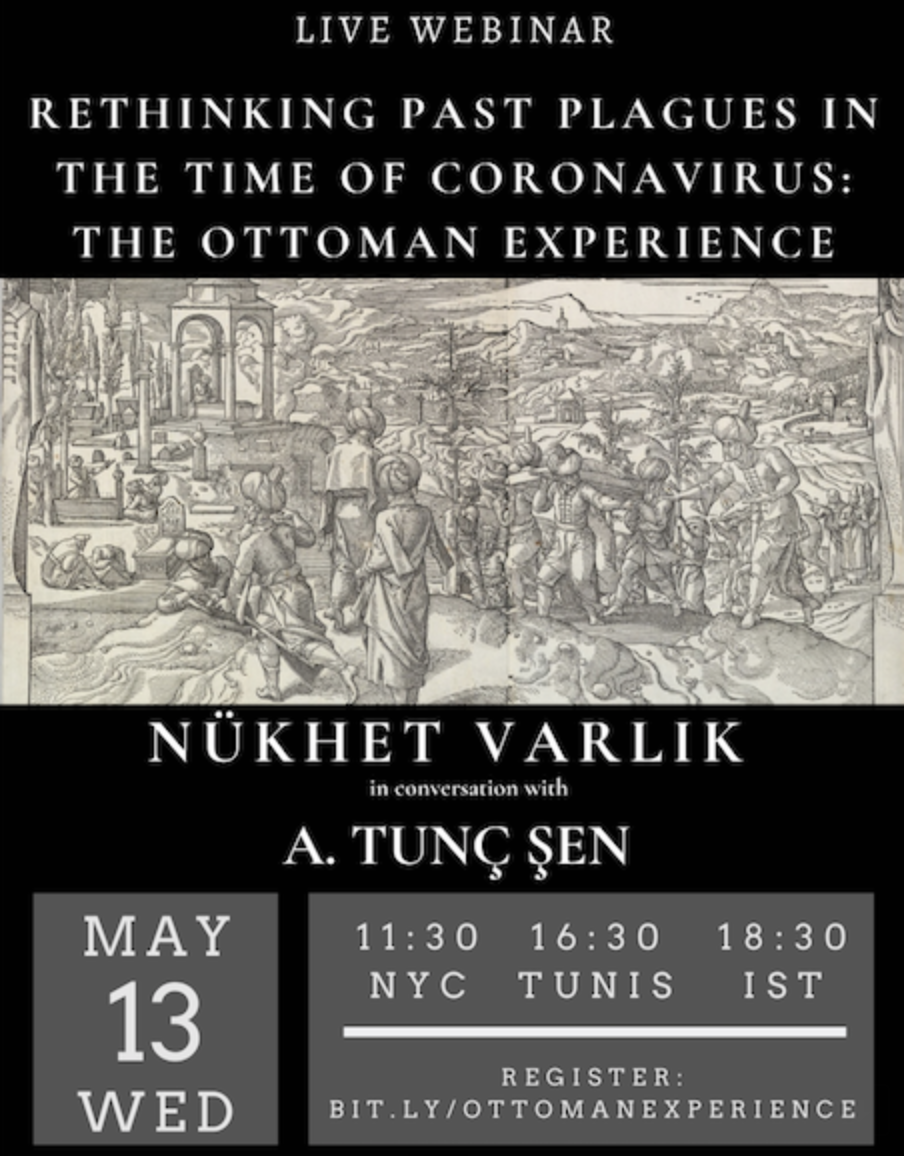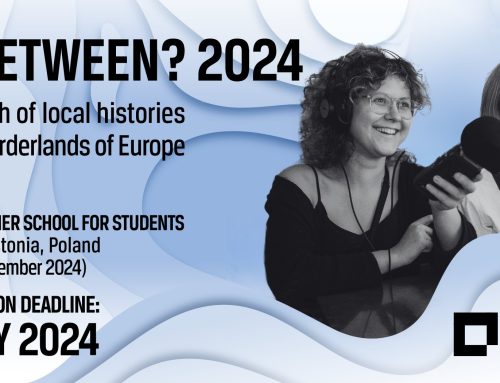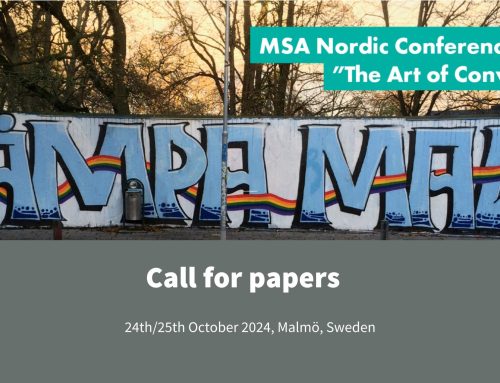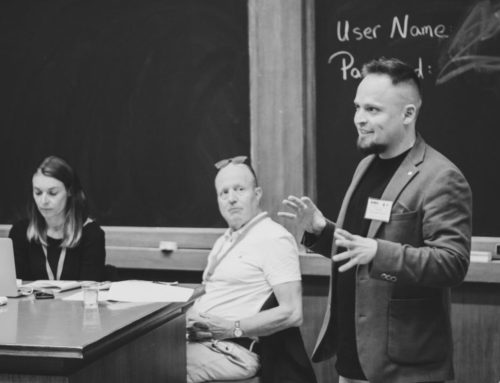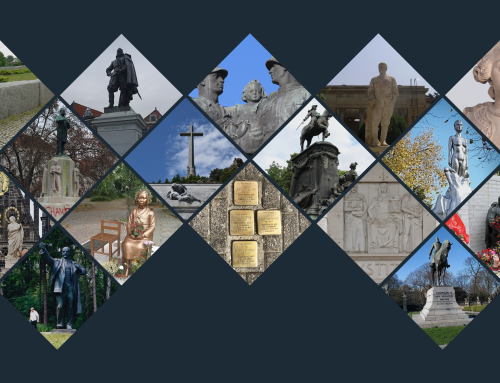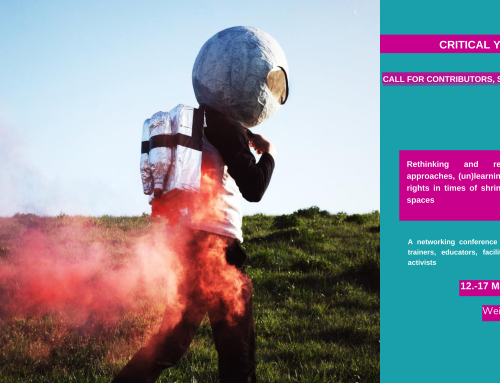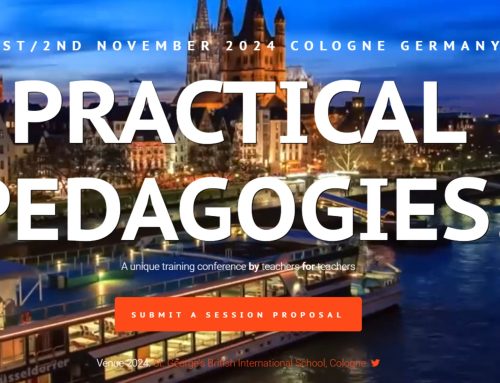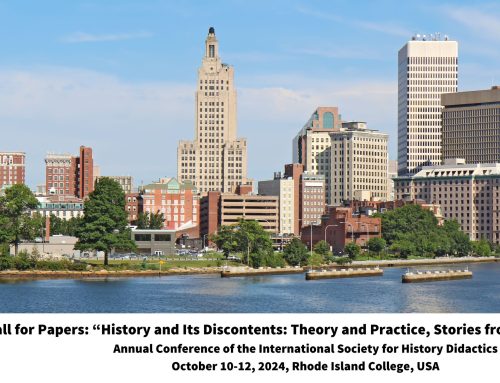Columbia Global Centers | Istanbul and Columbia Global Centers | Tunis invite you to a live webinar on “Rethinking Past Plagues in the Time of Coronavirus: The Ottoman Experience” with Nükhet Varlık, Associate Professor of History, Rutgers University–Newark and the University of South Carolina, in conversation with A. Tunç Şen, Assistant Professor of History, Columbia University, on May 13 at 6:30 pm GMT+3.
About the Talk
We are currently experiencing one of the most disruptive pandemics in modern history. The outbreak of COVID-19 that was first recorded in Wuhan, China and quickly spread across the globe has resulted in nearly 3.7 million confirmed cases to date and more than a quarter-million deaths. Where we stand now, how many it will infect or kill worldwide, how long it will continue, and when—if ever—life will go back to normal are still uncertain. What we know for sure is that this is a pivotal moment and that we are experiencing a historic event that will transform our societies both profoundly and irreversibly. As we wade into this new age of pandemics, it is critical to rethink how we write the history of pandemics. With a conviction that the past helps us to understand the present and the present should help us to rethink the past, we will turn to the legacy of past plagues. This conversation will take stock of the lasting legacies of past plagues because they continue to shape the way we think about new pandemics. In particular, it will address persistent problems, such as European exceptionalism, triumphalism, and epidemiological orientalism that are not only ubiquitous in plague studies, but also staples of public opinion about pandemics, past and present.
Send your questions in advance: istanbul.cgc@columbia.edu
 Nükhet Varlık is Associate Professor of History at Rutgers University–Newark and the University of South Carolina. She is a historian of the Ottoman Empire interested in disease, medicine, and public health. She is the author of Plague and Empire in the Early Modern Mediterranean World: The Ottoman Experience, 1347–1600 (2015) and editor of Plague and Contagion in the Islamic Mediterranean (2017). Her new book project, “Empire, Ecology, and Plague: Rethinking the Second Pandemic (ca.1340s-ca.1940s),” examines the six-hundred-year Ottoman plague experience in a global ecological context. In conjunction with this research, she is involved in developing the Black Death Digital Archive and contributing to multidisciplinary research projects that incorporate perspectives from palaeogenetics (ancient DNA research in particular), bioarchaeology, disease ecology, and climate science into historical inquiry. She is the Editor of the Journal of the Ottoman and Turkish Studies Association (JOTSA).
Nükhet Varlık is Associate Professor of History at Rutgers University–Newark and the University of South Carolina. She is a historian of the Ottoman Empire interested in disease, medicine, and public health. She is the author of Plague and Empire in the Early Modern Mediterranean World: The Ottoman Experience, 1347–1600 (2015) and editor of Plague and Contagion in the Islamic Mediterranean (2017). Her new book project, “Empire, Ecology, and Plague: Rethinking the Second Pandemic (ca.1340s-ca.1940s),” examines the six-hundred-year Ottoman plague experience in a global ecological context. In conjunction with this research, she is involved in developing the Black Death Digital Archive and contributing to multidisciplinary research projects that incorporate perspectives from palaeogenetics (ancient DNA research in particular), bioarchaeology, disease ecology, and climate science into historical inquiry. She is the Editor of the Journal of the Ottoman and Turkish Studies Association (JOTSA).
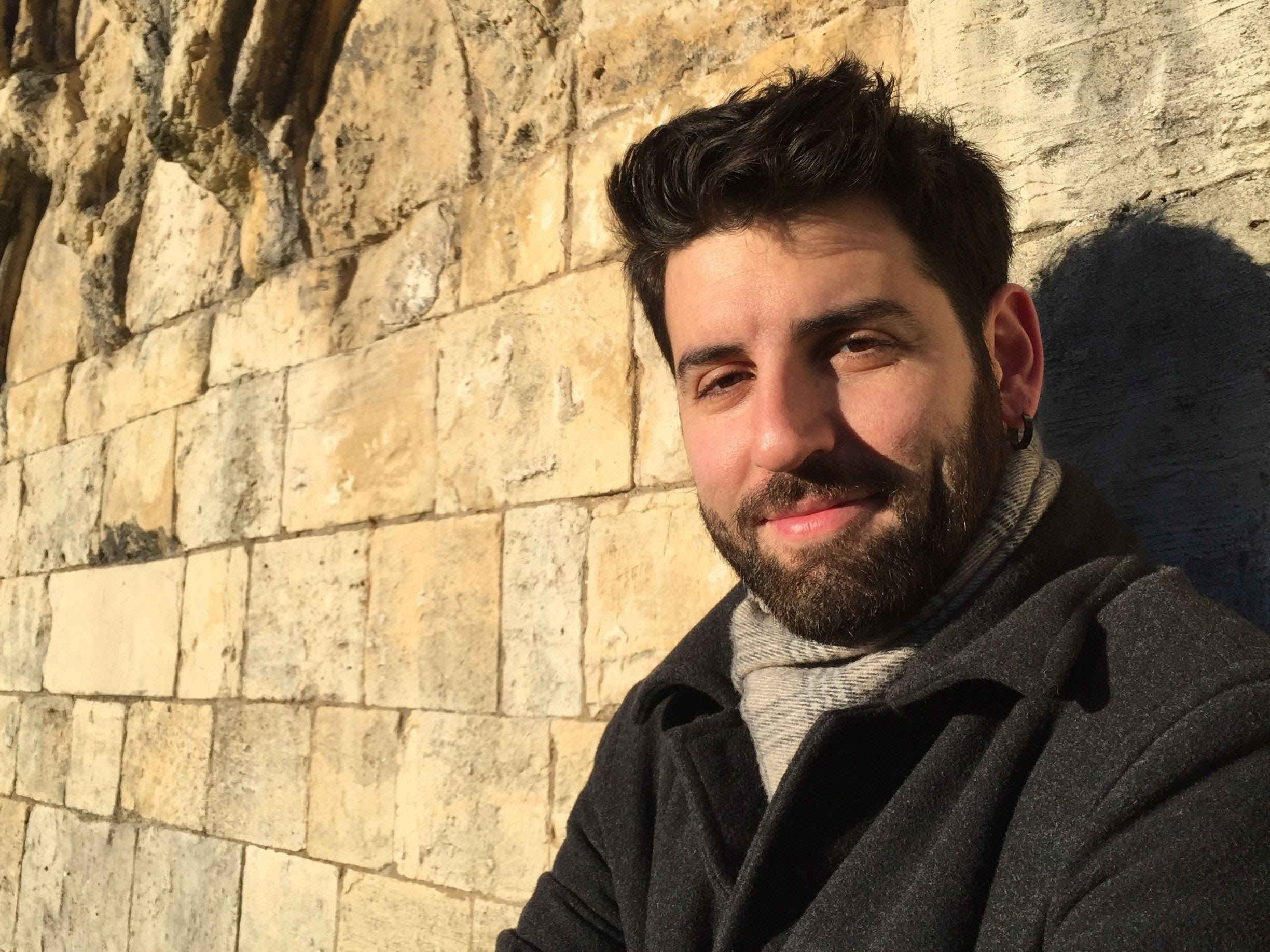 A. Tunç Şen is an Assistant Professor of History at Columbia University. He is a historian of the Ottoman Empire whose research and records of publication revolve around questions about the history of science and divination, perceptions of time, and manuscript culture in the early modern era. He received his Ph.D. from the University of Chicago in 2016 with an award-winning dissertation on astrology and astrologers at the early-modern Ottoman court. His first book project, Masters of Time: Astrologers and Scientific Expertise at the Early Modern Ottoman Court, examines the role and corpus of stargazers in measuring, displaying, and interpreting time from chronological datings to the designation of precise auspicious moments. He is one of the collaborators of the international research project, Geographies and Histories of the Ottoman Supernatural Tradition: Exploring Magic, the Marvelous, and the Strange in Ottoman Mentalities funded by the European Research Council and led by Dr. Marinos Sariyannis. He is also sitting on the advisory board for the Manuscripts of the Muslim World project currently undertaken at Columbia University.
A. Tunç Şen is an Assistant Professor of History at Columbia University. He is a historian of the Ottoman Empire whose research and records of publication revolve around questions about the history of science and divination, perceptions of time, and manuscript culture in the early modern era. He received his Ph.D. from the University of Chicago in 2016 with an award-winning dissertation on astrology and astrologers at the early-modern Ottoman court. His first book project, Masters of Time: Astrologers and Scientific Expertise at the Early Modern Ottoman Court, examines the role and corpus of stargazers in measuring, displaying, and interpreting time from chronological datings to the designation of precise auspicious moments. He is one of the collaborators of the international research project, Geographies and Histories of the Ottoman Supernatural Tradition: Exploring Magic, the Marvelous, and the Strange in Ottoman Mentalities funded by the European Research Council and led by Dr. Marinos Sariyannis. He is also sitting on the advisory board for the Manuscripts of the Muslim World project currently undertaken at Columbia University.

